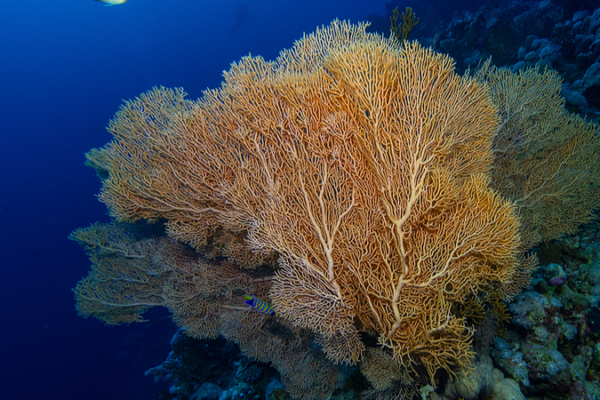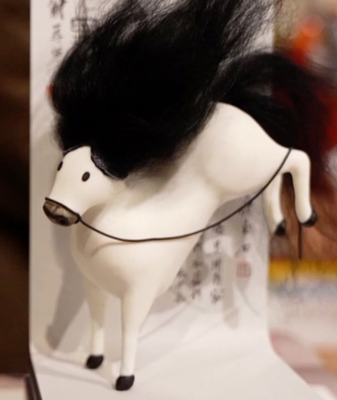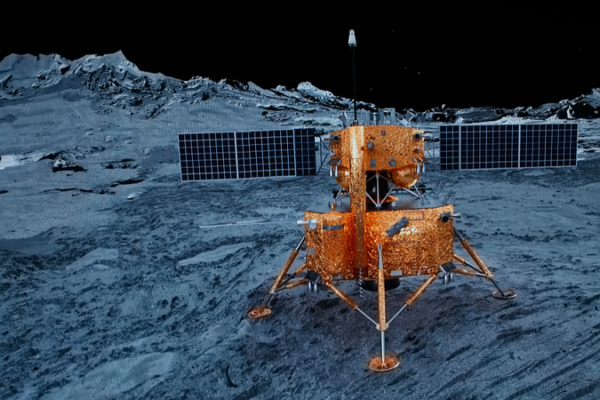
Sisi and Trump to Discuss Gaza Ceasefire, Bilateral Ties in Davos Meeting
Egyptian President Sisi and US President Trump to meet in Davos to discuss Gaza peace efforts and economic partnerships, building on 2025 ceasefire agreements.

China, Pakistan Strengthen Ties on 75th Anniversary of Diplomatic Relations
China and Pakistan reaffirm commitment to deepen cooperation on 75th anniversary of diplomatic ties, focusing on economic collaboration and regional stability.

Global Governance at Crossroads: Dialogue vs. Decoupling in 2026
As global leaders convene at Davos, the 2026 WEF meeting confronts critical choices between cooperation and competition in an era of economic uncertainty.

Xi Jinping Urges Strong Start for China’s 15th Five-Year Plan in 2026
President Xi Jinping outlines strategic priorities for China’s 15th Five-Year Plan (2026-2030), emphasizing economic stability and technological innovation.

Xi Expresses Condolences to Spain Over High-Speed Train Collision
Chinese President Xi Jinping offers condolences to Spain’s monarch following a high-speed train collision, reinforcing international crisis solidarity.

China to Sustain Proactive Fiscal Policy in 2026 to Boost Economic Growth
China’s Ministry of Finance announces continued proactive fiscal measures in 2026 to support economic growth and stability, emphasizing increased spending and structural reforms.

China’s Growth Momentum to Strengthen Amid Global Trade Shifts, Says APCO Founder
APCO founder Margery Kraus predicts China will leverage global trade restructuring to maintain strong growth momentum through 2026, citing technological innovation and market expansion.

Sudan Launches Mass Trial Against RSF-Linked Suspects Over War Crimes
Sudan’s anti-terrorism court begins a landmark trial of 201 RSF-linked suspects, including high-profile figures, over war crimes and crimes against humanity.

China Bids to Host UN High Seas Treaty Secretariat in Xiamen
China has formally applied to host the UN High Seas Treaty secretariat in Xiamen, emphasizing its role in global maritime governance and sustainable ocean resource management.

Britain Approves China’s New London Embassy Complex
The UK government has approved China’s plans to build a new embassy complex in London, marking a significant step in bilateral relations amid evolving global dynamics.

Chinese Vice Premier He Lifeng Outlines Vision at WEF 2026
Chinese Vice Premier He Lifeng emphasizes economic cooperation and stability in a keynote address at the World Economic Forum in Davos.

China’s Hangzhou Bay Bridge Sets New Global Standard in Rail Engineering
China’s 30km Hangzhou Bay Bridge, set to be the world’s longest cross-sea high-speed railway, overcomes tidal challenges to boost regional connectivity.
EU Seeks Diplomatic Balance Amid US Interest in Greenland
EU officials navigate diplomatic challenges as US political figures signal renewed interest in Greenland’s strategic and economic potential through controversial social media posts.

China’s 2025 GDP Milestone Sets Stage for Next Growth Phase
China’s 2025 GDP surpassed 140 trillion yuan, driven by tech and industry upgrades. Experts analyze challenges and priorities for the 15th Five-Year Plan in 2026.
WEF Stresses Global Dialogue Amid Rising 2026 Geopolitical Tensions
WEF officials emphasize the critical role of international dialogue in addressing 2026’s geopolitical and economic challenges, urging cooperation amid rising global tensions.

China Rivals US in Biotech Innovation, Says Novartis CEO at Davos 2026
Novartis CEO Vasant Narasimhan highlights China’s biotech advancements at Davos 2026, noting parity with US innovation and future growth potential.

Viral ‘Messy Little Horse’ Figurine Captivates Youth with Expressive Style
Shandong Art Museum’s ‘Ma Biaobiao’ figurine, inspired by Qi Baishi’s painting, captivates youth with its wild mane and customizable hairstyle, symbolizing freedom and relatability.

China Discovers Natural Carbon Nanotubes on Moon’s Far Side, Revealing Geological Clues
Chinese researchers confirm the first natural occurrence of carbon nanotubes in lunar samples from the far side, offering insights into the moon’s geological activity and material science potential.

Major Cold Ushers in Spring Festival Preparations Across China
As Major Cold arrives, families across China prepare for the Spring Festival with traditional customs and nourishing diets, embracing renewal and reunion.

A Horse’s Journey Home: Reconnecting Roots in China’s 2026 Spring Festival
As the Year of the Horse approaches, a poignant story from China’s northern grasslands illuminates the timeless significance of family and belonging during the Spring Festival.













